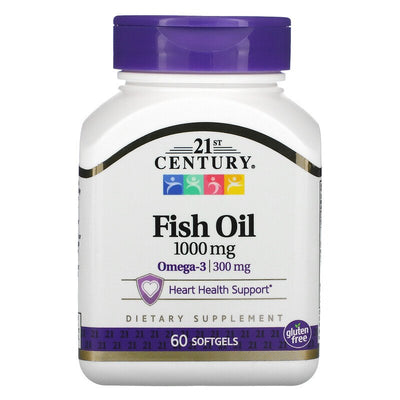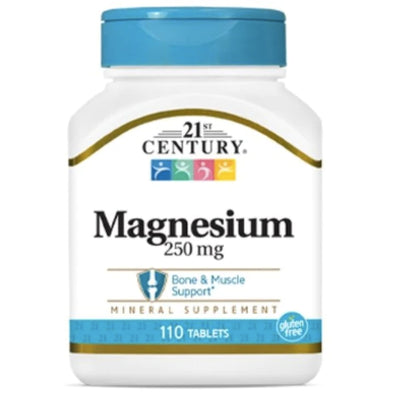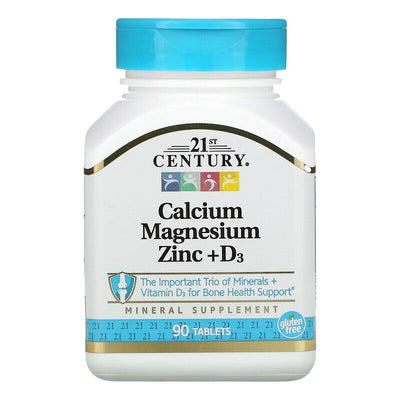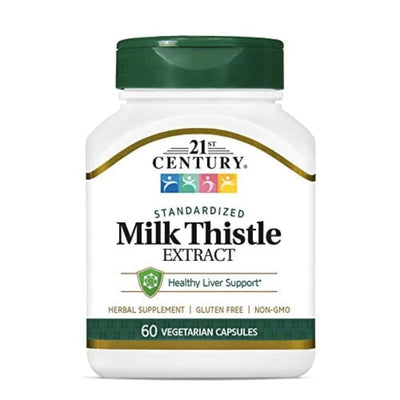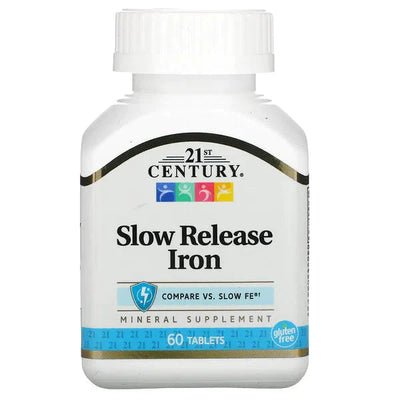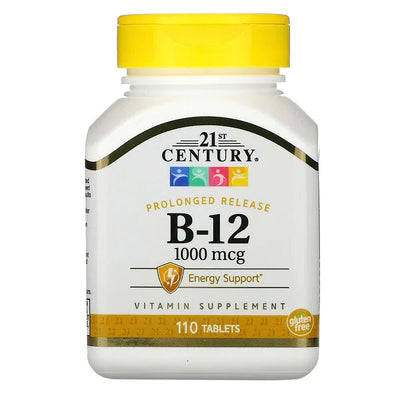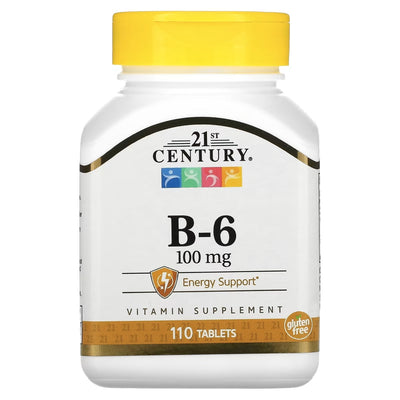
How Much Protein Do You Really Need? Guidelines for Optimal Intake
Understanding Protein Requirements
Protein needs are not one-size-fits-all and can vary significantly based on several factors. Here's a look at the general guidelines and how they may shift based on different conditions and lifestyles.
Basic Guidelines
The Recommended Dietary Allowance (RDA) for protein for the average adult is 0.8 grams per kilogram of body weight per day. This amount is designed to meet the basic nutritional requirements of the majority of the population.
For Active Individuals
People who are regularly active, especially those engaged in regular strength training or endurance sports, typically need more protein to help repair and build muscle. For these individuals, protein needs can range from 1.2 to 2.0 grams per kilogram of body weight per day.
Age Considerations
Older adults may need more protein to help maintain muscle mass and strength, counteracting the age-related decline in muscle synthesis. Recommendations for older adults can range from 1.0 to 1.2 grams per kilogram of body weight per day.
Weight Management
High protein diets are often recommended for weight loss because protein can enhance satiety and increase energy expenditure. Individuals on a weight loss regimen might consider consuming approximately 1.2 to 1.6 grams per kilogram of body weight per day, depending on their total caloric intake and level of physical activity.
Factors Influencing Protein Needs
- Body Composition: Individuals with more muscle mass may require more protein.
- Activity Level: The more active you are, especially with activities like weight lifting or high-intensity interval training (HIIT), the higher your protein needs.
- Health Status: Conditions such as illness or injury can increase protein requirements due to the body's increased need for repair.
Types of Protein
The source of protein can also affect how much you should consume. Animal proteins are generally more complete, meaning they contain all essential amino acids. Plant-based proteins can be just as effective but may require combining different sources to obtain all essential amino acids.
Practical Tips for Meeting Your Protein Needs
- Distribute Intake Throughout the Day: Consuming protein in balanced amounts throughout the day can maximize protein synthesis and improve muscle maintenance and growth.
- Consider Supplements: If you find it challenging to meet your protein needs through diet alone, supplements like whey protein or plant-based protein powders can be helpful. These are available from retailers like Supps247, offering convenient, high-quality protein options.
- Focus on Whole Foods: Aim to get most of your protein from whole food sources, which provide additional nutrients that supplements may not.
Conclusion
Protein needs are highly individual and can vary based on many factors, including age, activity level, muscle mass, and overall health. By understanding these factors and making informed choices about the types and amounts of protein you consume, you can ensure that your protein intake supports your health and fitness goals. Always consider consulting a nutritionist or healthcare provider to tailor your protein intake to your specific needs and circumstances.








